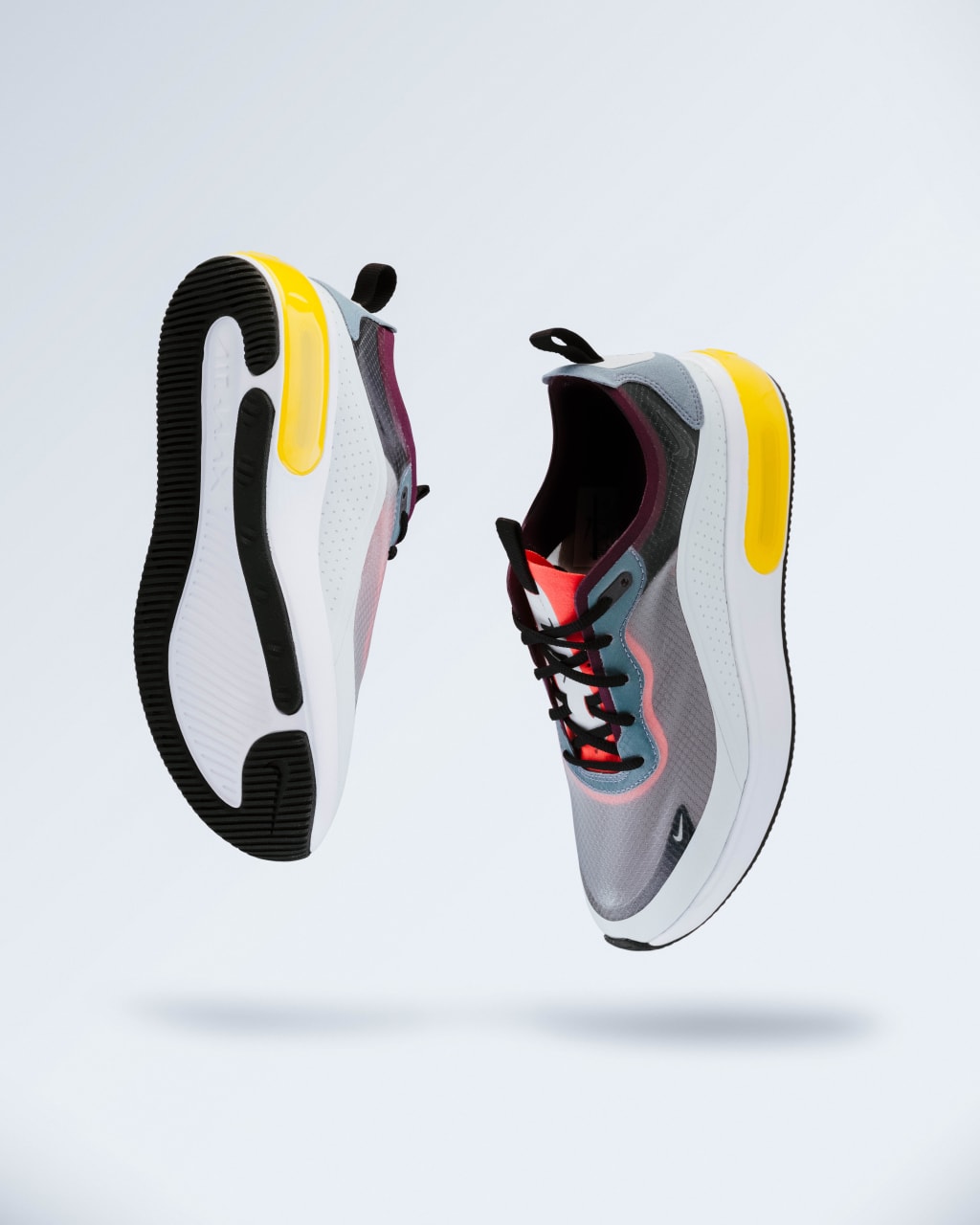
In a world where nearly 50 billion shoes are produced annually, a significant environmental challenge arises as most end up in landfills. However, a pioneering company in the Netherlands, Fast Feet Grind (FFG), claims to have cracked the code on recycling footwear, processing up to 2500 shoes per hour. Join us as we explore the hurdles faced by the industry and how innovative initiatives by big brands like Adidas and grassroots entrepreneurs like FFG are reshaping the future of sustainable shoe manufacturing.

Every year, an astounding number of shoes—nearly 50 billion—find their way into landfills globally. In response to this crisis, a groundbreaking company in the Netherlands, Fast Feet Grind (FFG), has emerged with a solution to recycle footwear at an unprecedented rate of 2500 shoes per hour. This sustainable approach is gaining traction among big brands, including Adidas, which is making strides in reducing waste by utilizing materials derived from ocean plastic.
The challenge of recycling shoes lies in their complex composition, often comprising up to 40 different parts and various materials such as plastic, nylon, metal, rubber, and ethylene vinyl acetate. The formidable glue used in mass-produced shoes compounds the issue, making them resistant to breakdown and recycling. FFG, founded by entrepreneurs Danny Pormes and his wife Arna, has developed an automated mechanical system that eschews chemicals and solvents. Instead, a series of machines using heat and friction effectively separate the materials, ensuring the purity required for crafting new shoes.

FFG's commitment to recycling extends beyond breaking down shoes into their basic components. The company meticulously separates foam and rubber, grinding them into particles free from contamination. Even fabric from shoe uppers is repurposed into yarn for creating new shoelaces, demonstrating FFG's comprehensive approach to waste reduction.
The journey of FFG began with Danny Pormes' vision and his wife Arna's business acumen. Starting as a running shoe store in 2004, the couple evolved their business, eventually supplying Dutch soldiers with sneakers. In response to the Dutch government's call for a recycling program, FFG was born. Partnering with AS6, they aim to transform old sneakers into new ones, addressing the limitations of recycled materials in high-performance running shoes.

While major companies like Adidas strive to create less wasteful shoes, challenges persist. Adidas has experimented with recycled ocean plastic and unveiled the Futurecraft Loop, a shoe made entirely from virgin plastic. However, convincing customers to return old pairs for recycling remains a crucial aspect of the plan's success.
Beyond mainstream brands, researchers at UC San Diego are exploring biodegradable footwear made from algae. This eco-friendly approach uses algae oil to create flexible and rigid foam components, resulting in a 100% biodegradable flip-flop that breaks down in compost within 3 to 6 months.
In India, a young entrepreneur has turned the recycling process on its head. Instead of saving shoes from landfills, he transforms plastic bags and bottles from landfills into shoes. The company, DailyTex, cleans plastic bags in a water-filled hot tub without chemicals, creating a material called "DailyTex." This material, along with recycled fabric and industrial rubber, forms the basis for their eco-friendly sneakers.

From the Netherlands to India, and even in the heart of the United States, innovative solutions are emerging. Exclusive International, a company in the Netherlands, repurposes FFG's materials to create artificial rubber floors for mini soccer pitches. The journey from old shoe materials to new life as a soft and bouncy surface exemplifies the transformative impact of sustainable initiatives.
Despite facing challenges, such as a devastating fire that gutted their first recycling plant in 2022, the family-driven FFG remains resilient. With a renewed facility in operation within 10 months, the Pormes family continues to hone their process, driven by passion and a long-term vision to revolutionize the shoe industry.

Join us in exploring this remarkable journey from waste to new soles, where innovative minds and sustainable practices are shaping a greener future for the footwear industry.
About the Creator
Arthy Raj
TAKE IT LITE, AND WALK OFF FROM THAT PATH.





Comments
There are no comments for this story
Be the first to respond and start the conversation.